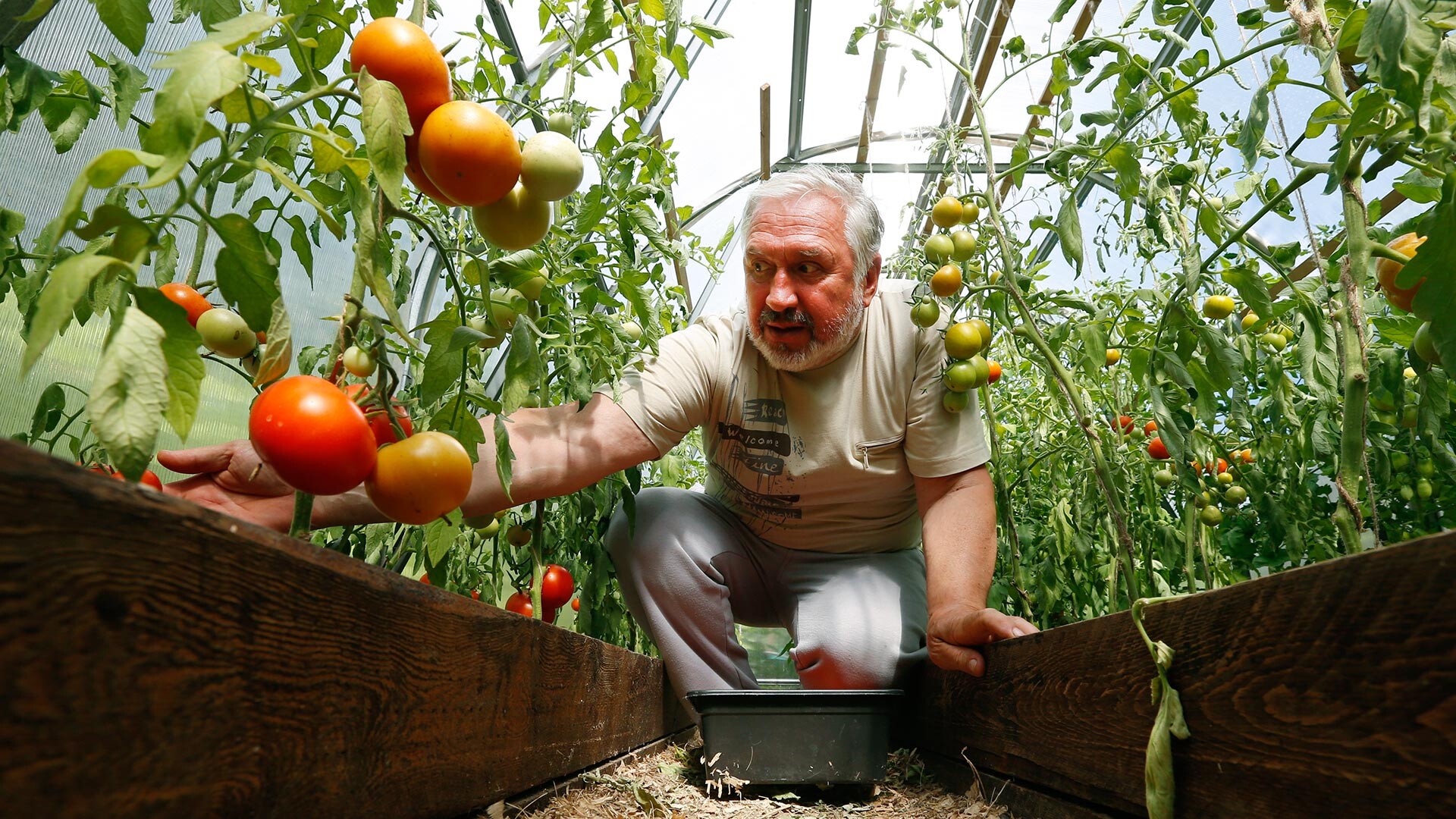
About half of Russians own dachas, where they go on summer weekends or even live from May through to September. Dacha enthusiasts spend their vacations in different ways: they are engaged in landscape design, grow vegetables and have BBQ parties. And yet, many begin to prepare for the dacha season in advance.
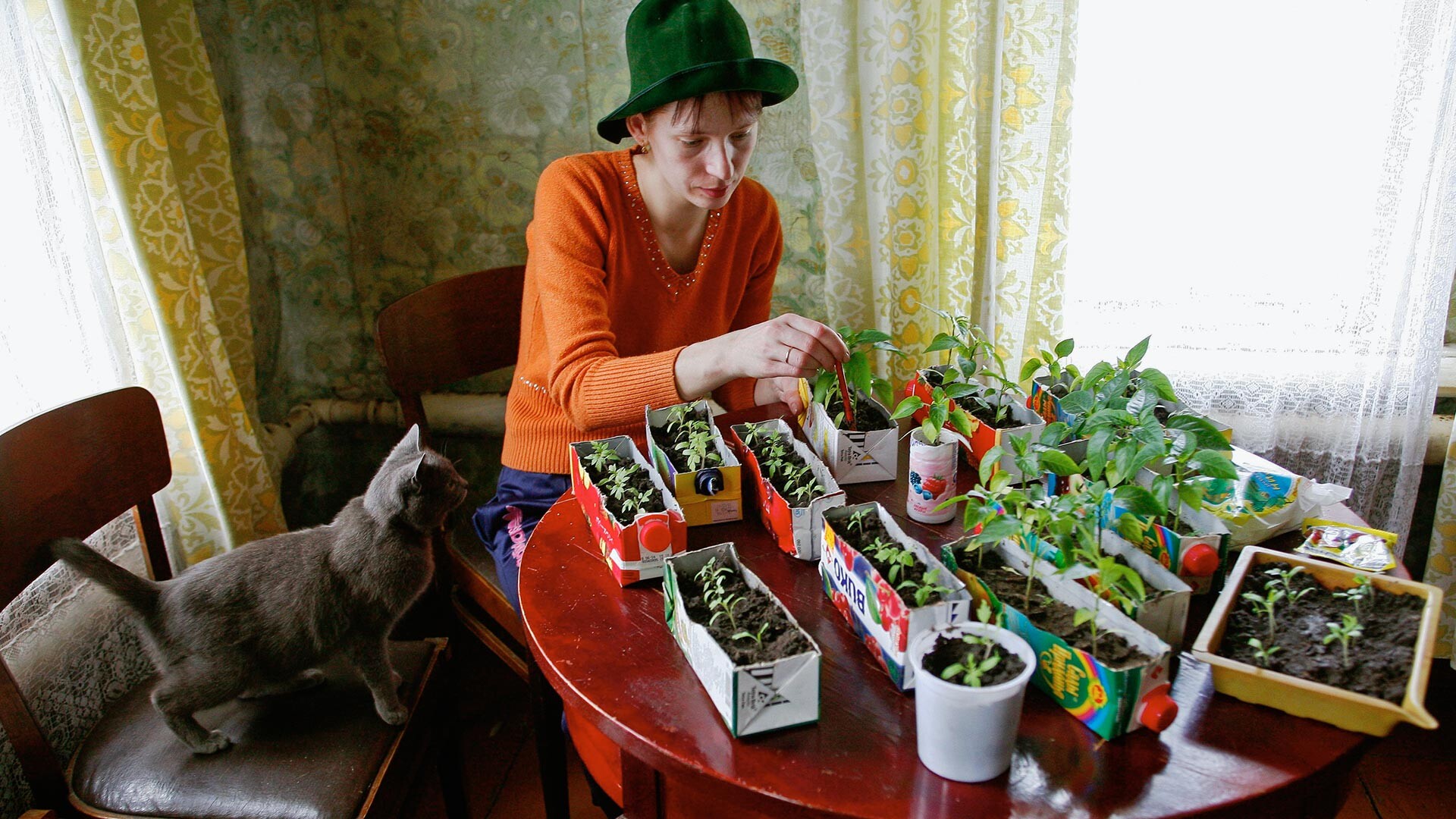
Most dacha owners plant vegetables, berries and fruits on their plot of land. To some, they seem more healthy than vegetables from stores, some consider it savvy and some just like the process. Growing heat-loving plants in a rather cold Russian climate is only possible in the short summer, but many vegetables need more time to sprout. That’s why people start planting their seeds at home in February-March and then transfer them into the ground to harvest before the fall.
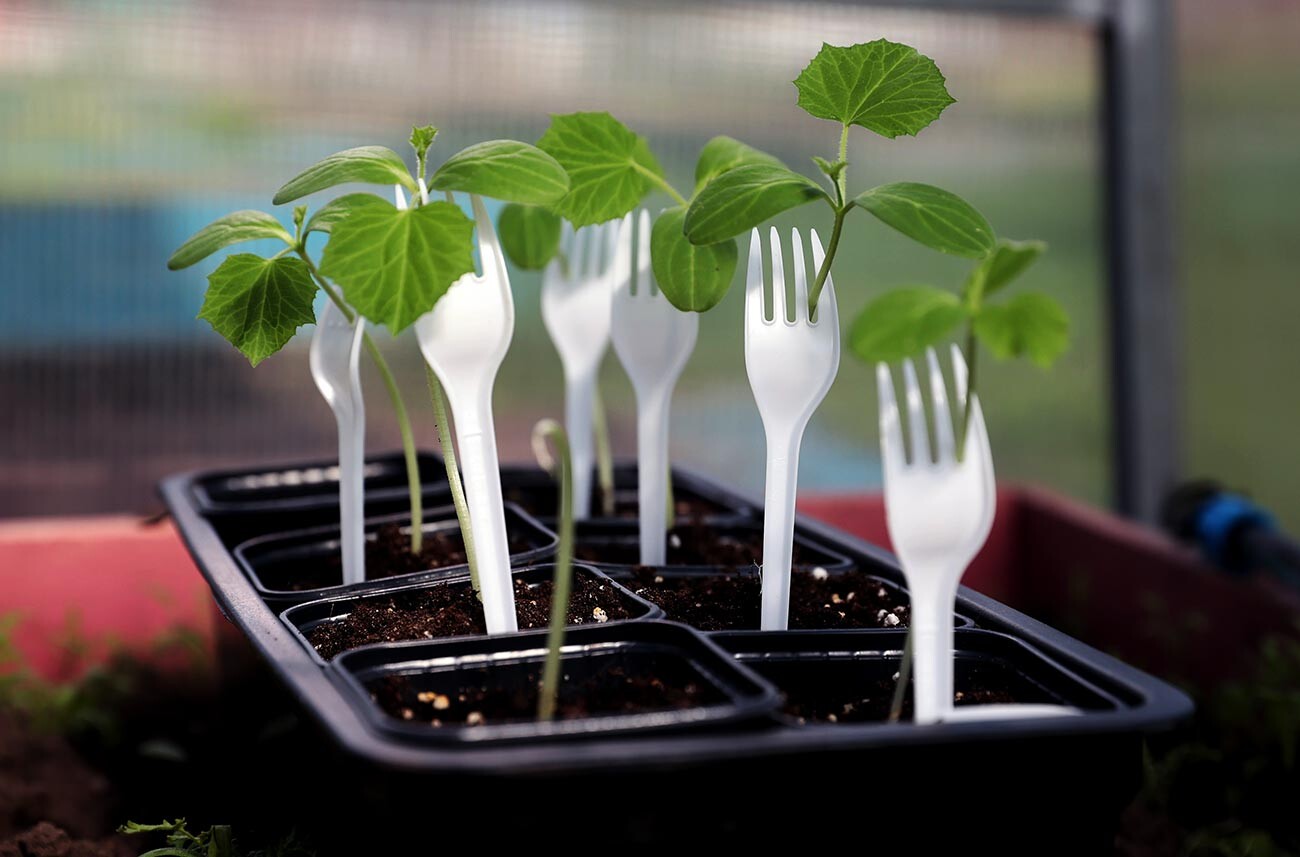
Among such plants are tomatoes, bell peppers, eggplants, cabbages, onions. They are sown in separate cups with soil and grow on windowsills for better lighting. For cups, Russians usually use old milk carton packs or eggshells. Dacha enthusiasts do the same with some flowers, too.
“This year, I grew cucumber seedlings and nasturtium in eggshells - the result was excellent, the germination rate is 80 percent,” Nadezhda writes on one of the dacha forums. She recommends taking eggs with brown shells, as they are stronger.
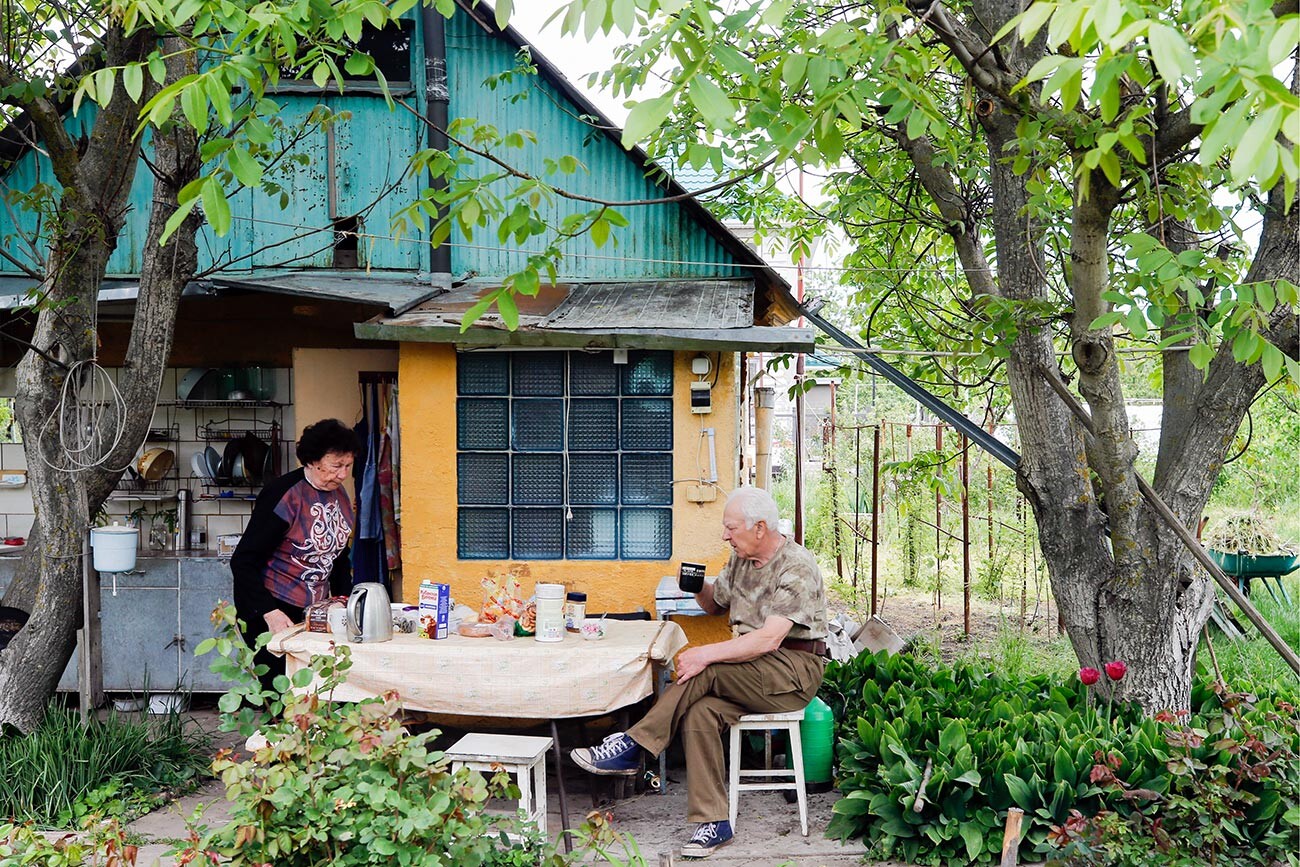
Another secret of a good harvest is the soil, especially in Russia’s northern latitudes. Many experienced growers consider ordinary furnace ash to be one of the best natural top dressing for the soil. It contains valuable minerals: potassium, phosphorus, calcium, magnesium. Ash also reduces the acidity of the soil.
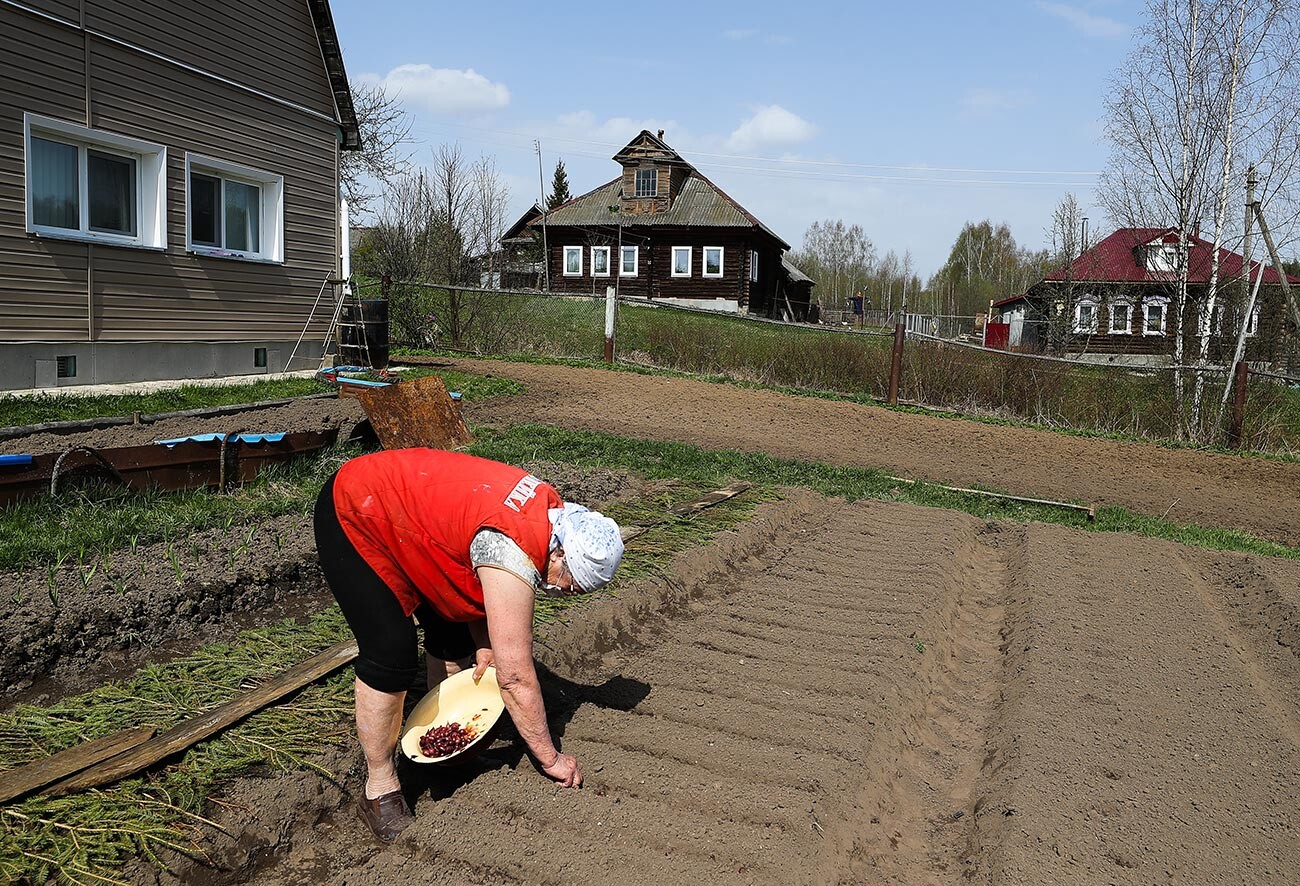
In addition, there are completely unexpected options - for example, snow. Yes, the very ordinary snow.
“I advise planting petunia on snow, germination is 100%, I do it myself every year. I’m a dacha enthusiast with experience and I don’t follow the moon [calendar]. I’m engaged in planting when I have time and the mood,” writes a lady on a dacha forum. “I pour half of the earth into the [carton] cake pack, add snow 3-4 cm high on top and sprinkle petunia seeds. Then wrap the top with a cling film wrap and put on the windowsill. When they rise, I make holes in the wrap and then remove it when the seeds get stronger.”
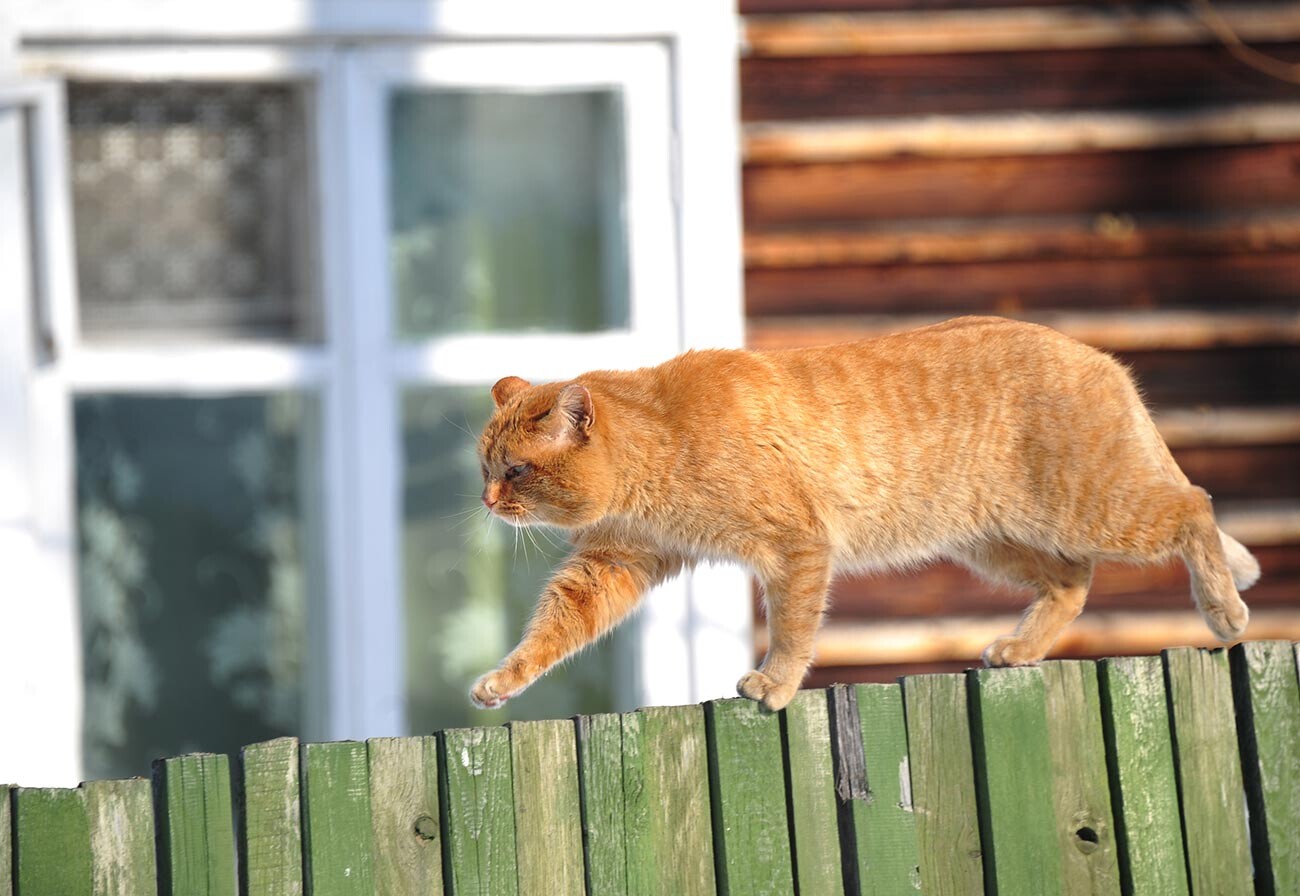
Botanists call it stratification, or the simulation of the winter, to make seeds go through the embryo sleep process faster and grow when needed.
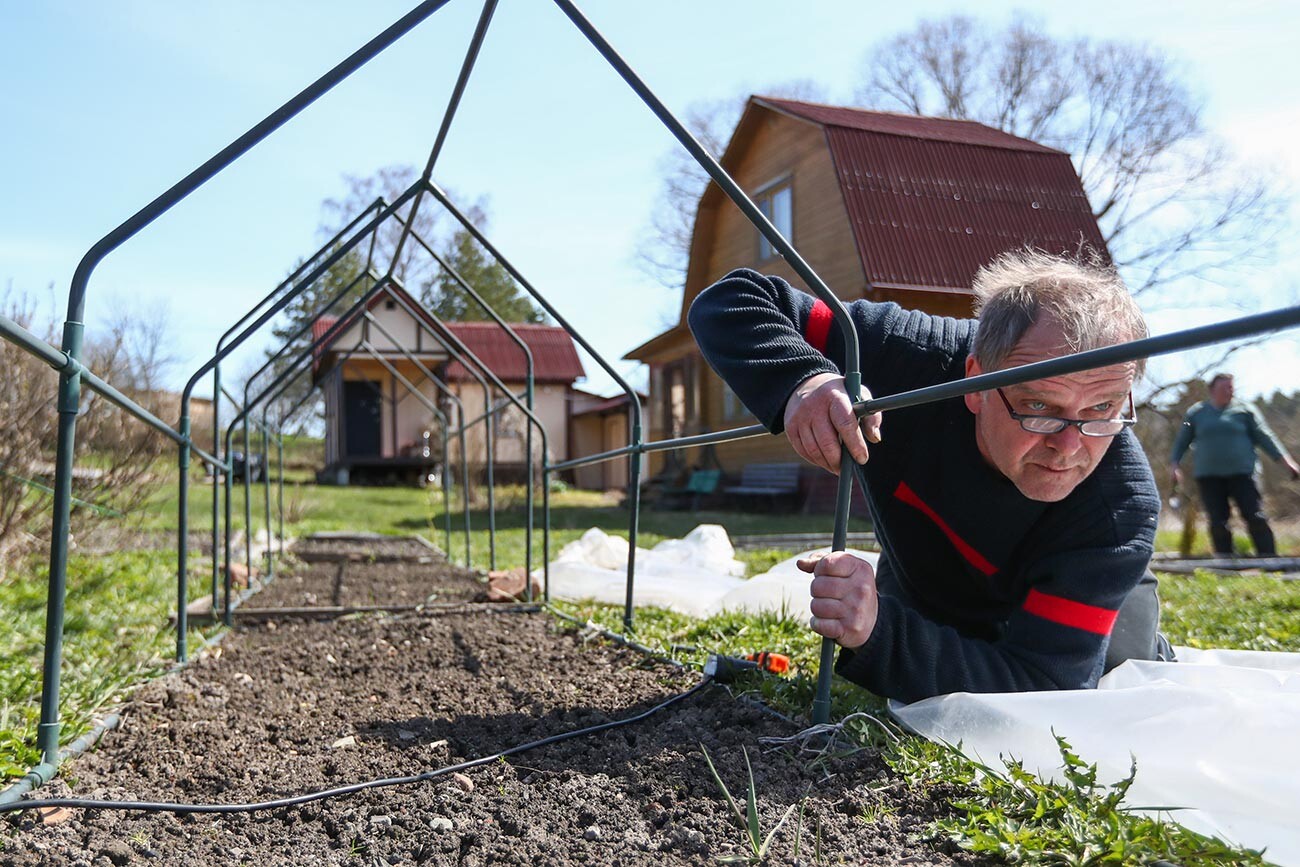
It is simply impossible to imagine a Russian dacha without a greenhouse. In most parts of the country, the climate is not harvest-friendly, so people who want to grow plants need greenhouses with good soil. Modern greenhouses are quite expensive and, therefore, you can see lots of DIY constructions throughout the country. Videos with greenhouse life hacks gain millions of views and comments.
The simplest version of a greenhouse is a metal or wooden frame covered with transparent plastic wrap. The film is usually enough just for one summer season and then it has to be replaced. Those dacha owners who want a greenhouse to last for several years look to use glass or polycarbonate.
But, probably the most popular tip is building a greenhouse from old wooden window frames.
This is very useful as the frames are already with glass and have vents. This is how they look:
Before planting, the greenhouse is washed with soap water and rinsed, avoiding unnecessary chemicals that can get into the soil.
Dear readers,
Our website and social media accounts are under threat of being restricted or banned, due to the current circumstances. So, to keep up with our latest content, simply do the following:
If using any of Russia Beyond's content, partly or in full, always provide an active hyperlink to the original material.
Subscribe
to our newsletter!
Get the week's best stories straight to your inbox